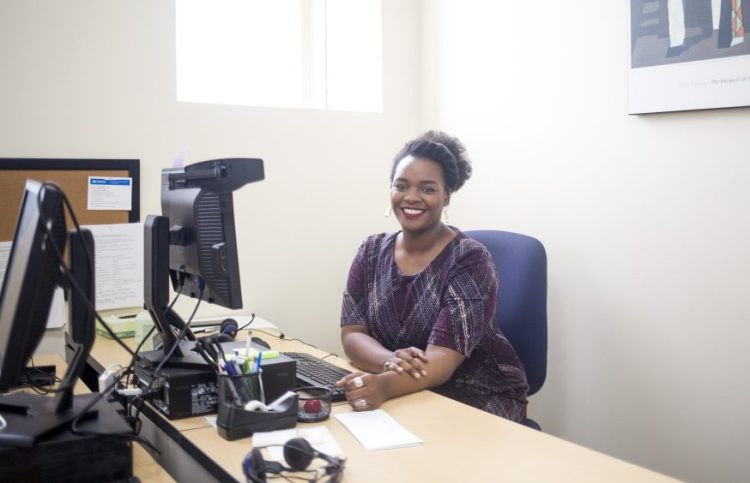Newcomers to Maine are looking for job experience. Businesses are looking for employees. Local governments are looking for a way to help the needy while still making wise use of taxpayers’ money. Portland’s welfare-to-work program has been a success on all three fronts, and Westbrook is making a wise decision by taking steps to establish a similar system there.
Maine municipalities can choose whether to require able-bodied adults to work in exchange for General Assistance vouchers, last-resort aid that covers basic needs such as rent and food. Westbrook city councilors voted unanimously Monday night to adopt a standard General Assistance ordinance, paving the way for municipal staff to draw up guidelines for final approval. The city hopes to have its workfare program in place by July 1.
In Portland, which has had a workfare program since the early 1990s, 23 percent of 2,049 General Assistance recipients – 484 adults – took part in workfare last year, doing everything from manual labor at the city’s Evergreen Cemetery to office work in City Hall.
Workfare has worked out well for Portland, according to Aaron Geyer, the city’s General Assistance program manager, who recently told the Portland Press Herald that participants rarely fail to fulfill their employment requirement.
They appreciate the chance to earn their benefits, and they gain experience that’s attractive to potential employers. It’s especially practical for people from other countries, who want to join the workforce in their new homeland but have to wait months before they qualify for a work permit.
Joanna Nganda, for example, speaks English and French and had a communications career in Burundi before fleeing the unstable country. In exchange for General Assistance, she translated documents and manned the front desk of Portland’s Refugee Services Office. That experience, along with a positive reference from her supervisor, helped her secure a position as a patient services representative at Greater Portland Health.
Of course, not everybody comes to the U.S. with the qualifications that Nganda has, but they, too, can benefit from workfare: It gives them the opportunity to learn or improve their English and become familiar with the job-hunting system here.
Amid the contentious debate over public assistance, one thing most people can support is making it possible for more Mainers to move from welfare to work. By taking steps to help its needy residents find a place in the workforce, Westbrook is heading down the right road.
Send questions/comments to the editors.


